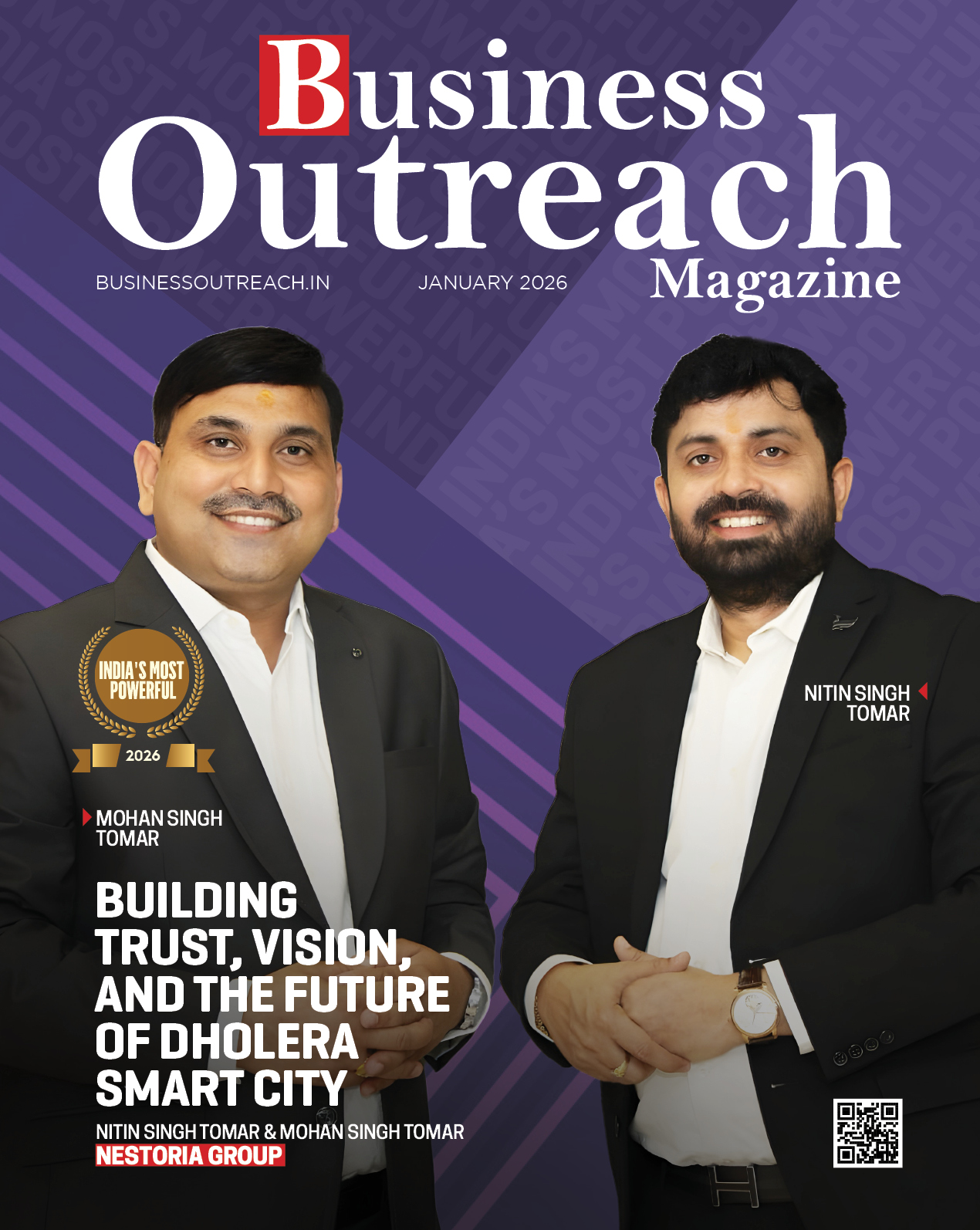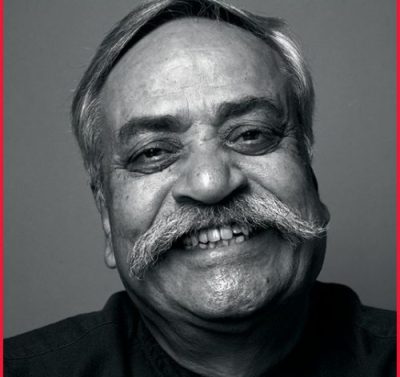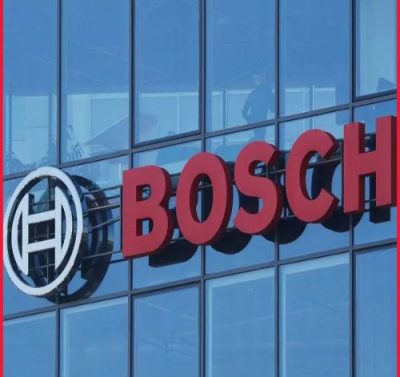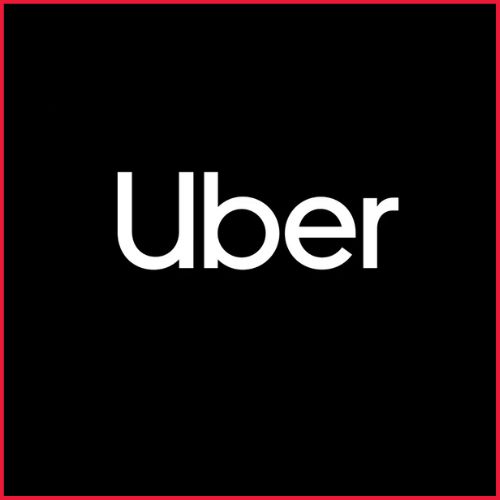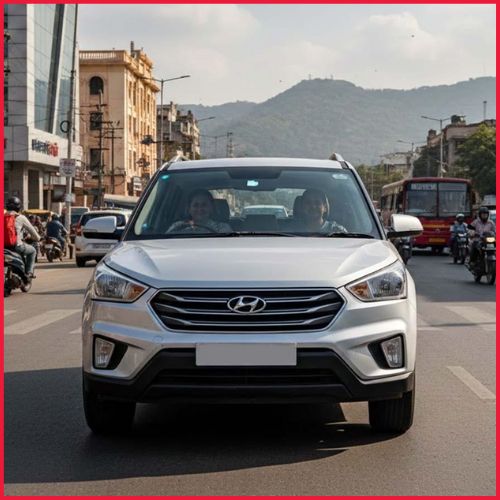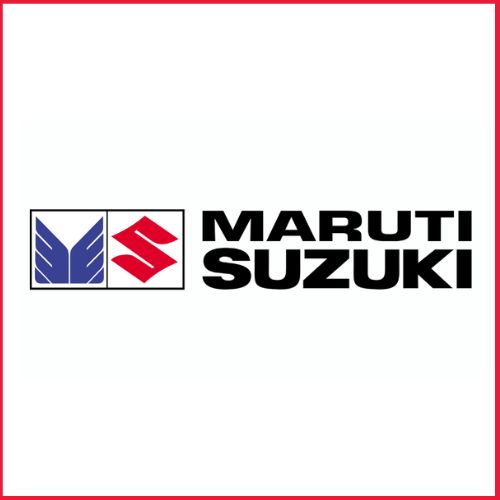Leading companies now take more precautions to safeguard their trademarks. What is the root cause of the imitation brand name issue in India? How effective is India at defending its trademark rights?
The Delhi High Court has issued a permanent injunction prohibiting a cake business in Bengaluru from using the names “Facebake,” “Facecake,” or any other Facebook trademarks for its goods and services. The order came about as a result of a lawsuit brought by Facebook’s owner, Meta Platforms.
The social media giant’s signature blue-on-white colour scheme and typeface were also used by “Facebake.”
Brands jealously guard their distinctive character because maintaining market share depends on it.
The Delhi High Court in 2020 granted an interim injunction preventing an e-rickshaw manufacturer from using the mark “DMW” in a trademark infringement case brought by BMW.
The Delhi High Court granted Starbucks Corporation interim relief and ordered the defendant to win the Starbucks Corporation v. Sardarbuksh Coffee case in 2018.
The problem, according to Sandeep Goyal, Managing Director of Rediffusion, is caused by brand names that use generic phrases. He claims that having a unique design, logo, and color scheme is the only option. Stronger IP results from words made artificially.
Legally, a company’s name and logo are considered trademarks. A trademark indicates a company’s originality and moral character. It serves as a source identifier for the brand’s offerings to the customer.
If a trademark is well-known, no company may register or use it for any goods or services without the consent of the original owner of an identical or confusingly similar mark.
The majority of trademark disputes are resolved in the interlocutory stage, according to Nishad Nadkarni, Partner, Khaitan & Co. He claims that courts issue interlocutory injunctions quickly. IP problems are treated like commercial disputes under the Commercial Courts Act. He claims that the Act has established a fast-track mechanism.
However, there has been peaceful coexistence between Burger King and Burger Singh. In the same area, there are numerous pizza restaurants with identical names. Legal professionals claim that this is the case since words like “burger” are generic and cannot be linked to a specific company.
India is still among the most difficult global economies to safeguard and enforce intellectual property laws, according to a recent study from the US Trade Representative’s office. This might prove to be a serious deterrent.
